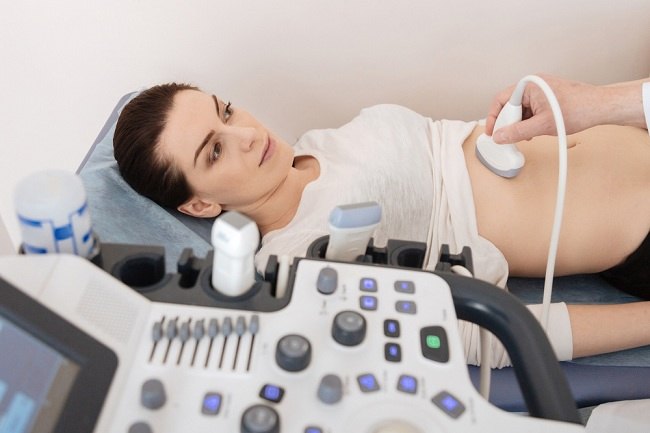Ruptured appendix is a medical emergency that needs to be treated as soon as possible. There are several symptoms of a ruptured appendix that need to be watched out for, namely severe pain throughout the abdomen, fever, chest palpitations, weakness, to swelling in the abdomen.
Ruptured appendix is a complication of untreated appendicitis. Rupture of the appendix can lead to an abscess or buildup of pus, as well as the spread of infection throughout the abdominal cavity (peritonitis). Not only that, bacteria from a ruptured appendix can enter the bloodstream and cause sepsis.

This condition must be treated immediately by a doctor because it is potentially life threatening. Therefore, you need to be aware of the various symptoms of a ruptured appendix.
Various Symptoms of Ruptured Appendix
Appendicitis usually begins with inflammation of the appendix. This condition can cause a sudden onset of pain around the navel. After a few hours, then the pain moved to the lower right abdomen. This is one of the hallmarks of appendicitis.
In addition, there are also several other symptoms of appendicitis that can occur, including:
- Loss of appetite
- Bloated
- Hard to fart
- Nausea and vomiting
- Constipation or diarrhea
- Mild fever
When you experience the symptoms above, this is actually a serious condition that must be treated by a doctor. If not treated properly, appendicitis can progress to rupture of the appendix, and this can lead to more serious complications.
The risk of appendicitis rupture will increase after 2-3 days from the onset of the initial symptoms of appendicitis. When the appendix ruptures, the pain usually subsides for a few hours, but after that, other symptoms will get worse.
Here are some symptoms of a ruptured appendix to watch out for:
- High fever
- Weak
- Difficulty concentrating and confusion
- Severe and constant pain all over the abdomen
- Shortness of breath and chest palpitations
In addition, the condition of the rupture of the appendix can also trigger low blood pressure. This usually indicates that peritonitis or sepsis has occurred due to complications from a ruptured appendix.
Ruptured Appendix Treatment
The main treatment for a ruptured appendix is through surgical removal of the appendix or appendectomy.
However, before the operation is performed, the doctor may first provide treatment to the patient, namely by giving injection antibiotics and infusion therapy. To reduce severe pain due to a ruptured appendix, the doctor can also give injections of painkillers.
After the patient's condition is stable, the new doctor can perform surgery to remove the appendix. This procedure can be performed in two ways, namely with a minimally invasive laparoscopic technique or with a conventional open surgery (laparotomy).
For cases of appendicitis that have ruptured, the recommended operation is a laparotomy. This is useful for ensuring that all infections are completely cleared from the abdominal cavity.
After undergoing appendectomy, the patient usually needs to be hospitalized for several days. During the recovery period, the patient is advised to undergo bed rest and reduce strenuous physical activity.
After being discharged home, the patient may also be advised not to exercise for 4–6 weeks. After that, the patient can return to normal activities.
In essence, ruptured appendix can be treated effectively through surgery, and you can still live a normal and healthy life even without appendicitis.
However, do not wait until the symptoms of a ruptured appendix appear. When you start to feel the symptoms of appendicitis that have been mentioned above, immediately visit a doctor for treatment.









